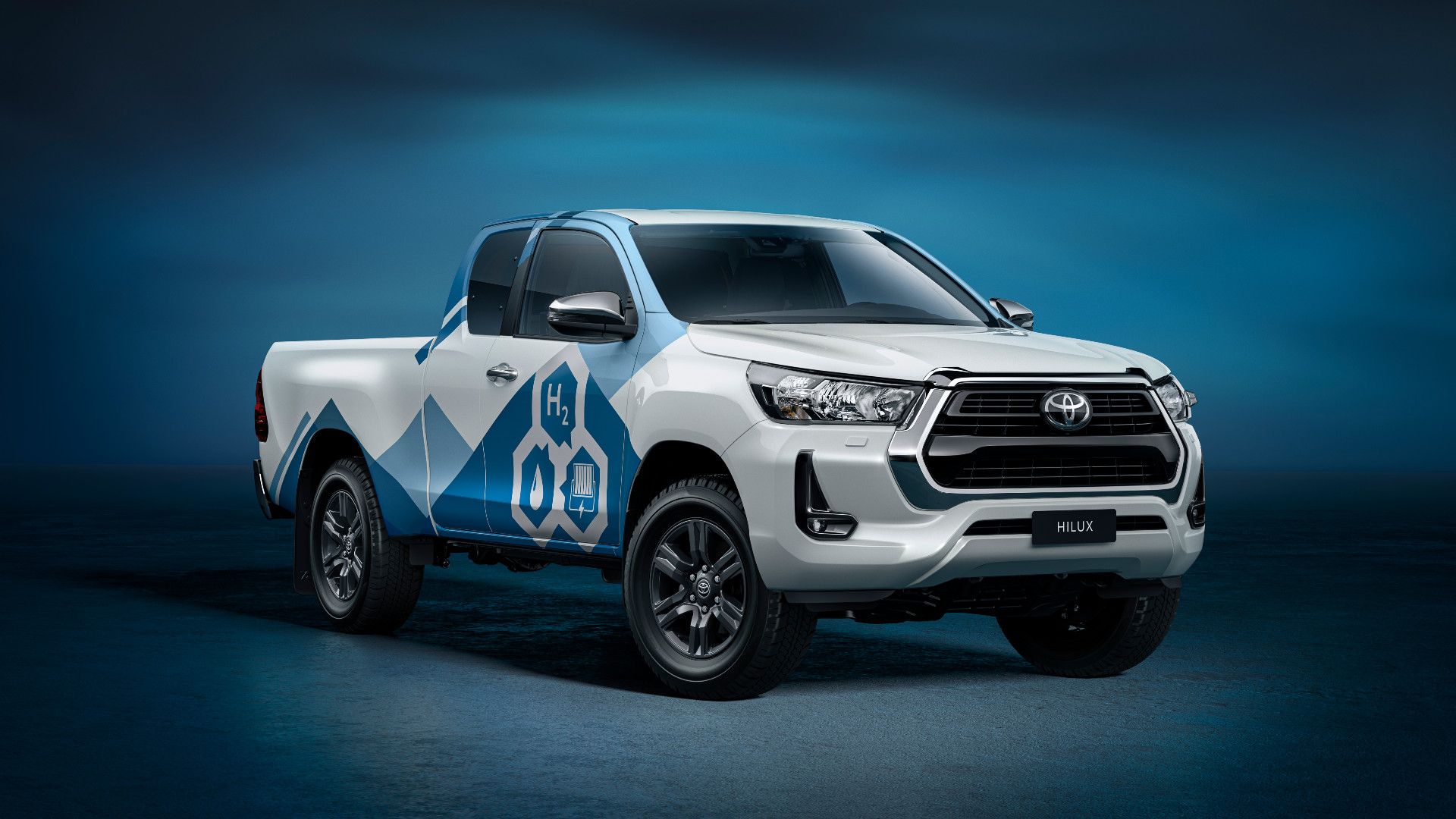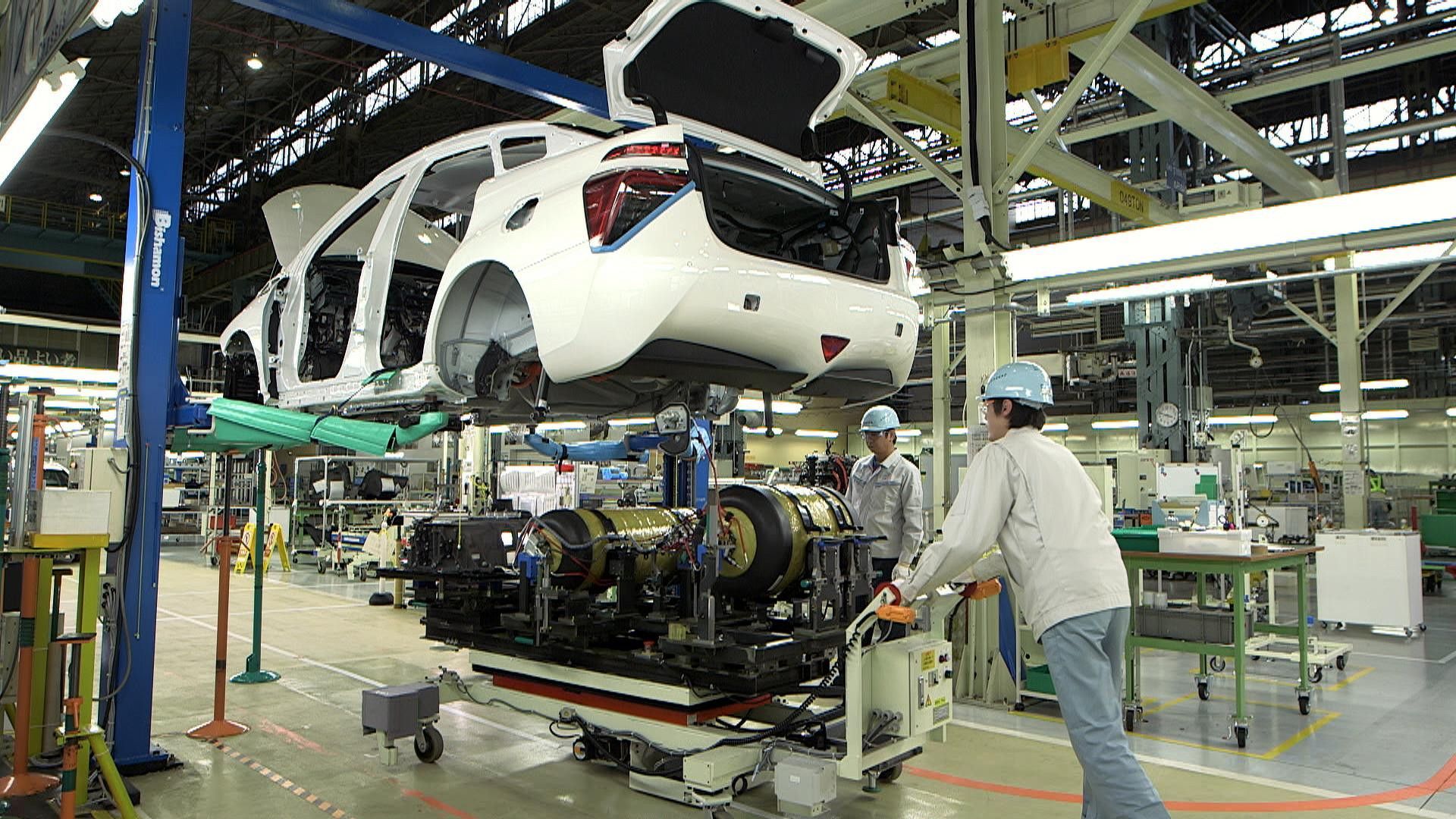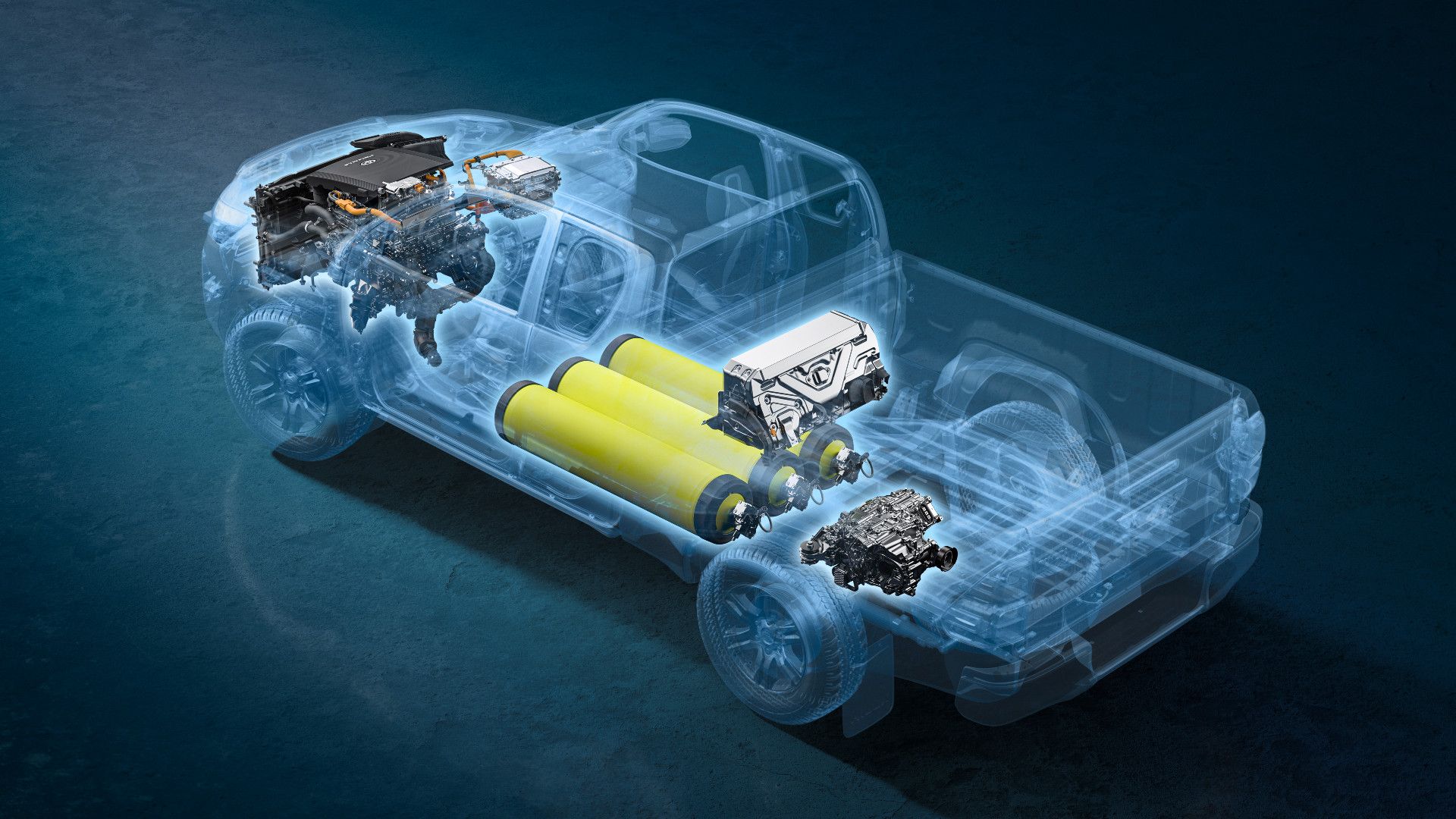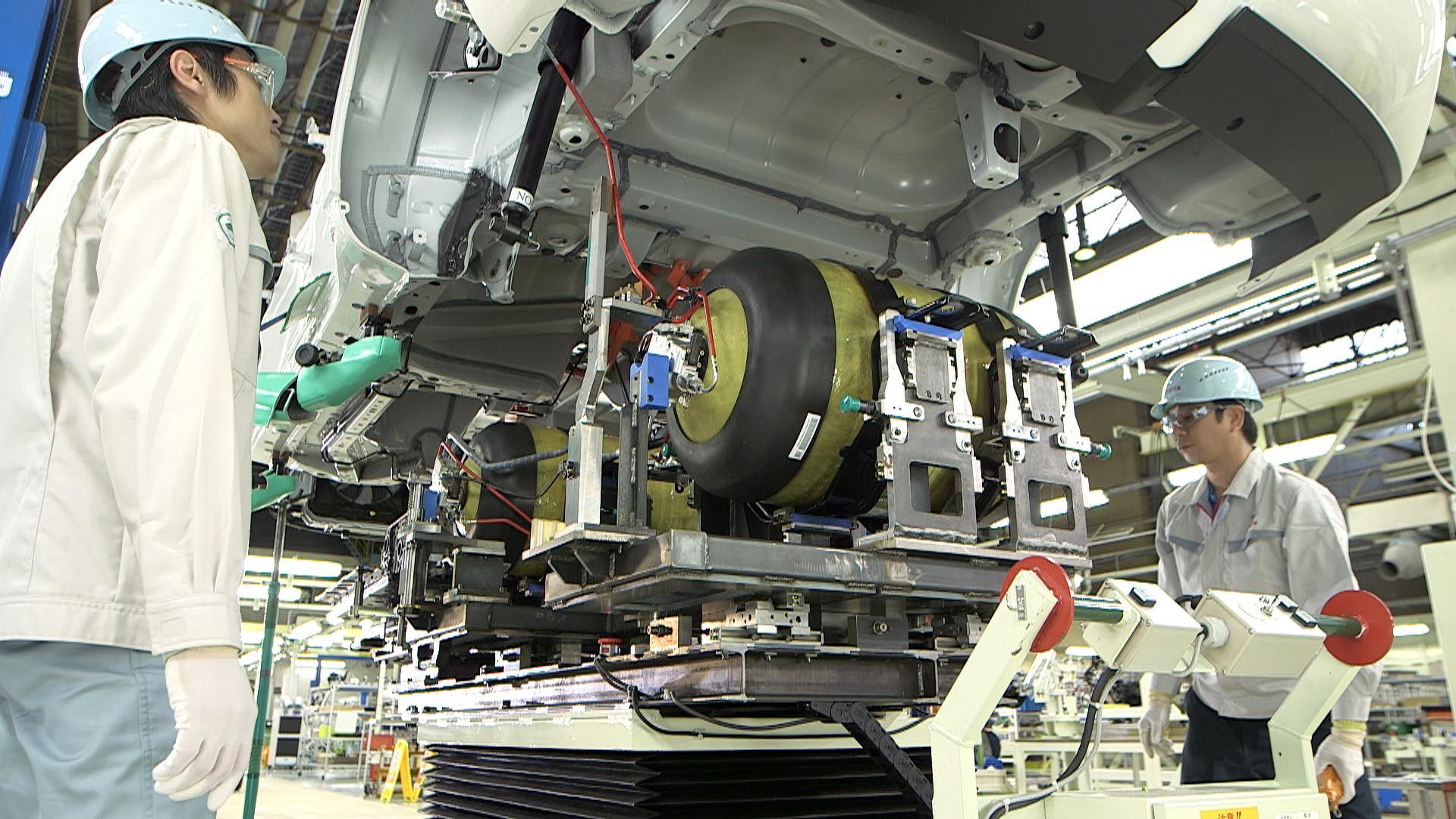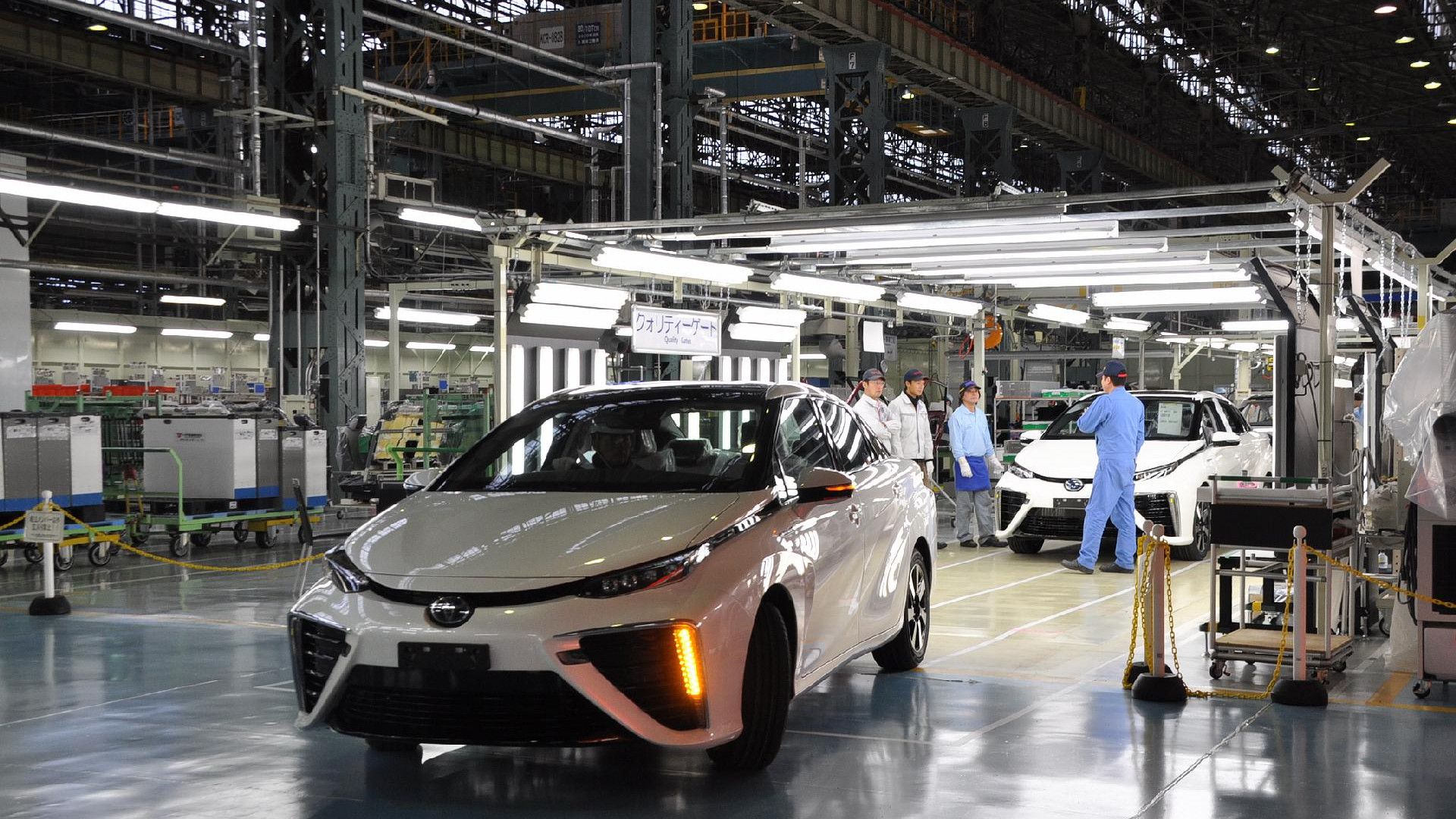As the automotive industry continues to innovate, hydrogen fuel is becoming an increasingly hot topic of conversation. Governments and environmental groups alike are taking note as car companies rapidly introduce revolutionary new technologies that allow vehicles like the Hyperion XP-1 and Hyundai N Vision to use this form of energy. The potential for more efficient transportation has never been greater.
Fuel cell electric vehicles (FCEVs) could revolutionize the transportation industry. These efficient machines produce no tailpipe emissions - only water vapor and warm air! Powered by pure hydrogen gas stored in a tank on-board, these cars can be fueled up for a driving range of over 300 miles in less than four minutes – similar to conventional vehicles with an internal combustion engine.
Other Advanced technologies such as regenerative braking further increase efficiency by capturing energy during the braking process and reverting it back into storage batteries. Mainstream automakers have already released FCEVs models like the Toyota Miria, Honda FXC Clarity (discontinued), and the Hyundai Nexo in select markets depending on local infrastructure support.
The Goal
The U.S. Department of Energy (DOE) recently revealed its intent to invigorate the development and demonstration of cost-efficient clean hydrogen energy technologies, to achieve a major initiative known as "Hydrogen Shot". This is part of the Biden Administration's grand climate goals campaign which seeks carbon neutrality across industries by 2050. Investing in this project has potential benefits including reducing costs for both fuel cells and infrastructure needs related to hydrogen technology - along with working toward reaching $1 dollar per kilogram within the one-decade time frame ("1 1 1").
Last year, Toyota successfully applied for APC funding to contribute to the development of sustainable technologies and mobility solutions. The UK’s Automotive Propulsion Centre (APC) helps automotive companies bridge industry needs and cutting-edge technology by offering funds for late-stage research – taking innovative ideas from concept to prototype testing. Thanks to APC support, Toyota has been able to enhance its work in creating greener transportation options.
Toyota Motor Manufacturing (UK) Ltd. is developing a fuel cell-powered Toyota Hilux pickup truck. This innovative project will draw upon highly skilled engineering partners, such as Ricardo, ETL, D2H, and Thatcham Research. The project aims to utilize the second generation of components from the acclaimed Mirai model to power the new iteration of the Hilux. Technical expertise will be provided by TME (Toyota Motor Europe) R&D to support the UK-based teams in the development of the next generation of hydrogen-based drivetrain capabilities.
This project offers the exciting prospect of putting Toyota's fuel cell technology to work in a key vehicle segment, paving the way for an effective hydrogen transport sector and enabling industry groups to make strides toward decarbonization. Prototypes will be designed during 2023 at TMUK’s Burnaston site with small series production as a longer-term goal – signaling progress within sustainable transportation solutions that go beyond batteries or fossil fuels.
The Challenges
To have a competitive edge in the marketplace, fuel cells need to take cost optimization seriously. According to manufacturers by 2025, mass-produced Fuel Cell Electric Vehicles could be sold at similar prices as their hybrid counterparts. The most expensive element of producing these vehicles is creating and constructing the fuel cell stack - not necessarily purchasing raw materials used for production. Furthermore, costs associated with hydrogen station infrastructure must also diminish if we're going to see an uptake in demand necessary for establishing a 'hydrogen economy.'
Overcoming the challenge of storing hydrogen efficiently is paramount to making light-duty vehicles more viable. As it stands, hydrogen has a lower energy content per volume compared to other gaseous fuels and this necessitates higher-pressure tanks and low temperatures for compact storage. To meet consumer needs, these vehicles require enough fuel capacity for at least 300 miles before needing another fill-up – but this requires an increased tank size compared to standard gas-powered vehicles.
A Future Hydrogen Economy
As automakers shift towards more sustainable energy sources, many are predicting a future where fuel cells powered by green hydrogen will rule the roads. A KPMG survey of nearly 1,000 executives found that an overwhelming majority (three-quarters) think hydrogen technologies will eventually replace electric vehicles due to their convenience and extended range capabilities.
The survey revealed that 54% cited infrastructure challenges as why EVs may fail commercially while 60% believe recharge times could do them in. With its promise of efficient eco-friendly transportation on the rise; it looks like Hydrogen could be here to stay.
Hydrogen fuel is becoming an increasingly popular topic in the automotive industry as car companies are rapidly introducing new technologies that allow vehicles to use this form of energy. The advancement of the hydrogen fuel transport sector will pave the way for effective hydrogen infrastructure and enable different industry groups to make strides toward decarbonization. As we look to the future, it's important to consider what will power our world –– What do you think will fuel our future?

